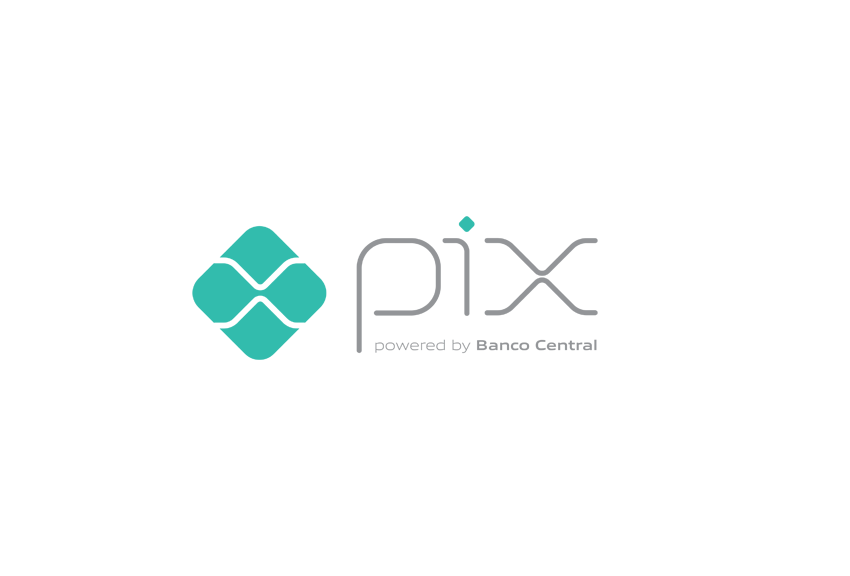Online payment fraud: the most common types of fraud and how to avoid them
23/02/2022Find out how to increase data security using antifraud solutions for online payments.
Trust is a critical factor for any successful e-commerce business. In a global scenario where millions of new consumers start making online purchases every season, new types of online payment fraud have also started to pop up, negatively affecting e-shopping and triggering losses, mainly for store owners.
E-commerce businesses are responsible for guaranteeing their customers’ data is secure and taking proactive antifraud measures. This is an ongoing effort, as fraudsters are constantly adapting to new antifraud solutions.
The good news is that fraud prevention need not be a constant concern for e-commerce teams, provided the business is properly protected against credit card and other types of fraud.
The most common types of e-commerce fraud
Internet data security is directly related to the level of security an e-commerce company’s PSP or payment gateway is able to provide. Below are some of the most common examples of online payment fraud:
Credit card fraud
This is the most common type of e-commerce fraud. The fraudster steals real-world or online credit card data and uses it to make online purchases. The card owner only discovers their card has been misused when they see their bill, but is generally able to prove they were not responsible for the purchase and the funds are returned. However, the e-commerce owner can lose out on both sides of the transaction, having already shipped the product in addition to not getting paid for it.
Data Theft or Phishing
This is a sophisticated attack that begins when a consumer tries to buy a product at a fake e-commerce outlet and hands over their details during the purchase. These stores generally try to draw people in by offering products that are in high demand at very low prices. The fraudster then uses the consumer’s details to make a purchase from a real e-commerce store. This type of fraud also includes chargeback requests (canceling credit card purchases) or selling the card details.
Card test
In some cases, stolen credit card details might be sold on the Dark Web (a collection of hidden websites that can be used for legal or illegal purposes, but can only be accessed using a special browser). Some criminals test cards before offering them to buyers to check they are still active and if they are, they can sell them for a higher price. Signing up to a subscription service is one of the most common ways of testing stolen credit cards.
Account Takeover: account hacking
An account is hacked when a criminal is able to access it and use a legitimate customer’s credentials to carry out transactions as though they were the actual customer. This type of fraud can involve anything from buying products or services to money transfers, etc.
Data security: the role of your payment gateway or PSP’s PCI DSS certificate
When choosing a payment gateway or payment processor, check whether its systems have integrated antifraud tools capable of identifying and managing imminent transaction risks. It is also important to select a provider who complies with PCI DSS standards, which guarantee that any sensitive data are protected during credit card transactions.
PCI Compliance, PCI DSS or Payment Card Industry Data Security Standard is a set of security requirements and procedures intended to protect card owner details shared during a transaction.
Bexs’ payment solutions hold PCI Level 1 certification. A Bexs PSP solution deployed in line with the PCI DSS guidelines will ensure you are offering your customers a payment process that meets the highest security standards available on the market. Please contact us to find out more about our solutions!


















